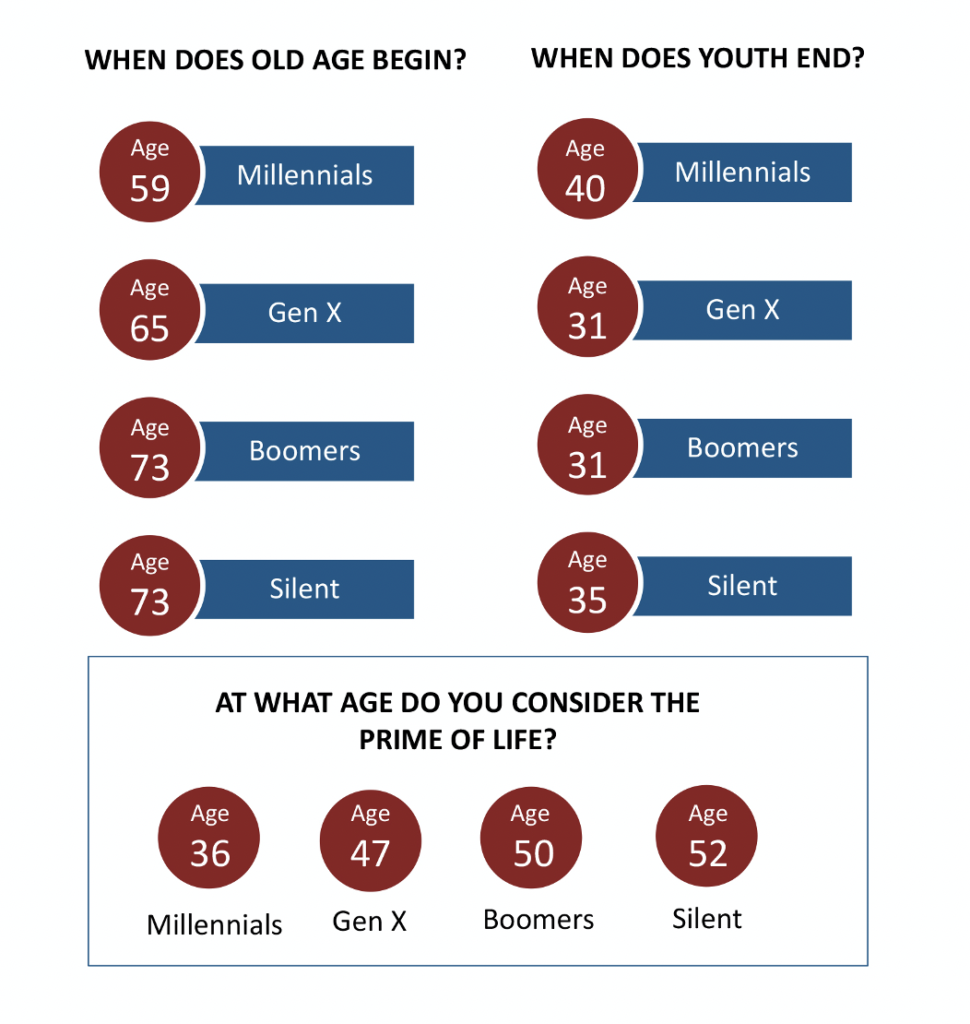So, in the United States, if you have to work the day after Thanksgiving in an office environment, we’ve had this neat little game we play. You act like you work all day, while basically doing nothing!
I’ve written about this in the past and tried to give advice to those poor souls who must go into the office the day after Thanksgiving. I was trying to help them be productive, things like:
- Clean out your files – paper and digital
- Send out emails to folks you are thankful for but haven’t told recently
- Organize your calendar for the next month to ensure you kill the last month of the year.
This year, for so many office workers, it’s completely different! You now are remote. The vast majority of you will have no watchful overload to see if you are actually doing anything or not. It’s just you and your conscience, working all alone at your home.
So, what should you be doing this Friday?
Well, the try-hards in the bunch will do the things listed above but also add:
- Early morning email out to folks that manner with some kind of important question. Make sure to note, “No reply needed today, but you get a minute…”
- Late afternoon update on something with data. “I was just crunching some 3rd quarter data and found that we can probably do a budget adjustment for 4th quarter on “X”.”
- Pro-Level: send a text message to someone else who is working asking for a file you can’t find.
This will show the powers-that-be that you’ve been working super hard all day!
Then there are the other things you can do in between that 8 emails and that 4:30 pm email:
- Black Friday online shopping (this should take up most of the day) – at least one stop at some sort of office supply site, because “office supplies”
- Catch up on some Netflix documentaries that have some sort of connection to whatever you do. Research for work stuff.
- For those who love holiday decorations, this is a perfect time to “decorate your office”
- There’s always some sort of football game on, just have it running on your second or third screen, I mean you’re working!
- I like to make a big pot of chili for lunch on Black Friday (it’s okay, you’re working you get to eat lunch)
- I like to send out holiday cards to my professional network on this day, which is probably really is work, so I might hold off until Monday for this task.
If any of my own team at HRU Tech is reading this – do not send me emails early in the morning or late in the afternoon – unless you really need something, because I know you’ll be doing work if it’s needed, and you’ll be enjoying your life if it’s needed! You can sed me any text messages with great deals you find that you think I should be aware of!

